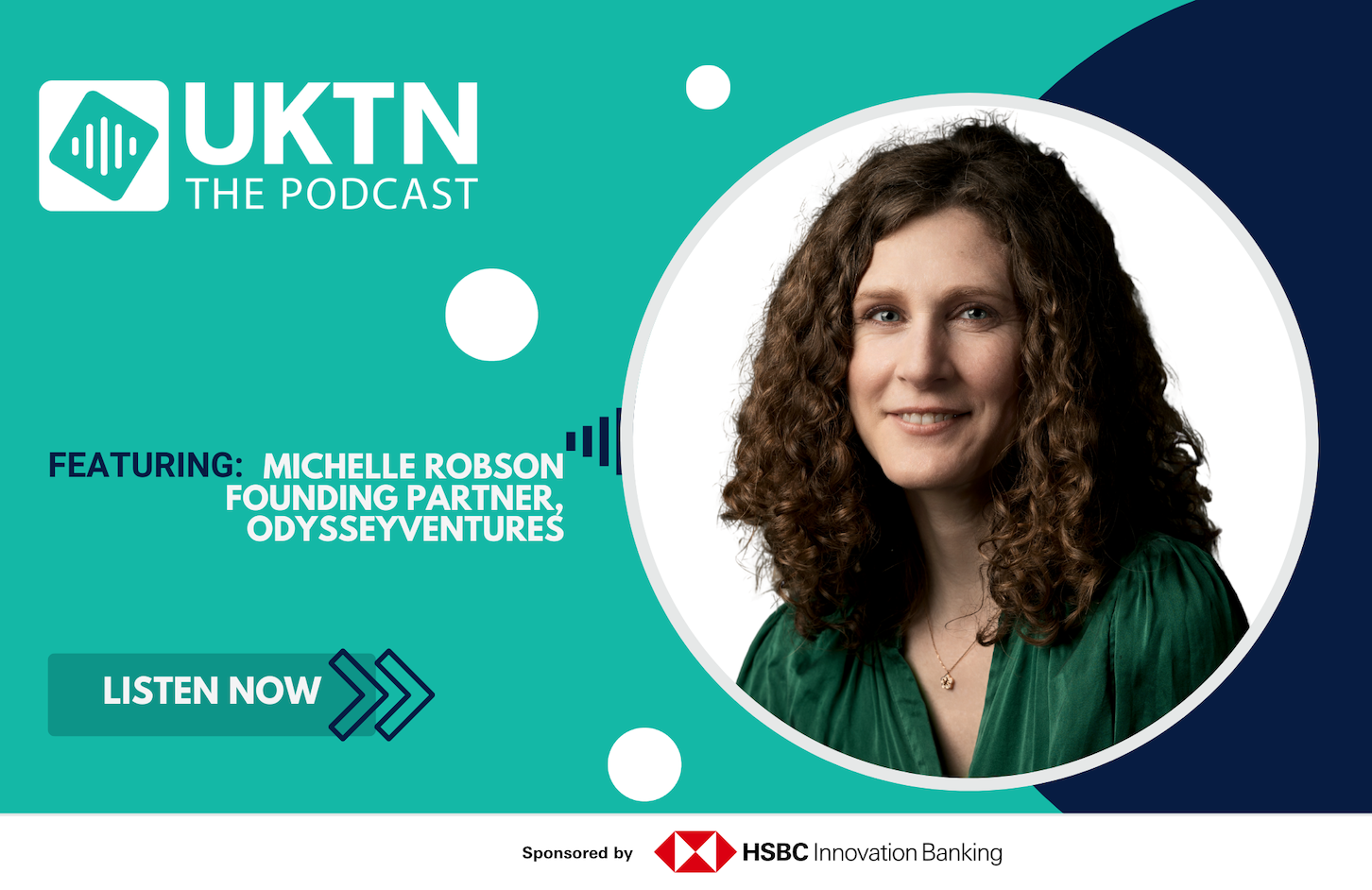OpenAI has announced a new initiative called “OpenAI for Countries” as part of its Stargate project, aiming to help nations develop AI infrastructure based on democratic principles. This expansion follows the company’s initial $500 billion investment plan for AI infrastructure in the United States.
“Introducing OpenAI for Countries, A new initiative to support countries around the world that want to build on democratic AI rails,” OpenAI stated in its announcement. The company reports that its Stargate project, first revealed in January with President Trump and partners Oracle and SoftBank, has begun construction of its first supercomputing campus in Abilene, Texas.
According to OpenAI, the initiative responds to international interest in similar infrastructure development. “We’ve heard from many countries asking for help in building out similar AI infrastructure—that they want their own Stargates and similar projects,” the company explained, noting that such infrastructure will be “the backbone of future economic growth and national development.”
The company emphasized its vision of democratic AI as technology that incorporates principles protecting individual freedoms and preventing government control concentration. OpenAI believes this approach “contributes to broad distribution of the benefits of AI, discourages the concentration of power, and helps advance our mission.”
The Stargate project operates through a consortium of major technology companies serving as both investors and technical partners. SoftBank, OpenAI, Oracle, and MGX provide the initial equity funding, with SoftBank handling financial responsibilities while OpenAI manages operations.
On the technical side, five major technology companies form the foundation of the project’s implementation. “Arm, Microsoft, NVIDIA, Oracle, and OpenAI are the key initial technology partners,” according to OpenAI. The infrastructure development leverages established relationships between these companies, particularly building upon OpenAI’s long-standing collaboration with NVIDIA that dates back to 2016 and its more recent partnership with Oracle.
The company outlines a comprehensive partnership framework for collaborating with foreign nations.
“OpenAI is offering a new kind of partnership for the Intelligence Age. Through formalized infrastructure collaborations, and in coordination with the US government,” the announcement explains, highlighting the company’s alignment with American foreign policy interests in technology development.
The partnership model includes multiple components addressing infrastructure, access, and economic development. OpenAI plans to “Partner with countries to help build in-country data center capacity” to support data sovereignty while enabling AI customization for local needs.
Citizens of participating countries would receive “customized ChatGPT” services tailored to local languages and cultures, aimed at improving healthcare, education, and public services delivery. OpenAI describes this as “AI of, by, and for the needs of each particular country.”
The company also emphasizes security investments and economic development through a startup funding approach where “Partner countries also would invest in expanding the global Stargate Project—and thus in continued US-led AI leadership,” reinforcing the initiative’s connection to American technological leadership.
OpenAI’s international partnerships incorporate extensive security protocols designed to protect AI models and intellectual property. The company has developed a security approach to address potential vulnerabilities.
“Safeguarding our models is a continuous commitment and a core pillar of our security posture,” OpenAI states, describing their security framework as “rigorous” and “continuously evolving.” This framework encompasses information security, governance, and physical infrastructure protection.
The security architecture adapts to match model capabilities, with OpenAI noting that “Our security measures are not static; they scale with the capabilities of our models and incorporate state-of-the-art protections.” These protections include hardware-backed security, zero-trust architecture, and cryptographic safeguards.
Personnel access represents another critical security dimension. “OpenAI will maintain explicit and continuous oversight over all personnel with access to our information systems, intellectual property, and models,” the company emphasizes, adding that “No individual or entity will gain such access without our direct approval.”
Before deploying models internationally, OpenAI conducts risk assessments through its Preparedness Framework. “Each deployment of new models will undergo risk evaluation prior to deployment,” acknowledging that some advanced models may present risks incompatible with certain environments.
OpenAI CEO Sam Altman expressed enthusiasm about the progress at the Texas site, tweeting:
Great to see progress on the first stargate in Abilene with our partners at Oracle today. Will be the biggest ai training facility in the world. The scale, speed, and skill of the people building this is awesome.
However, the massive infrastructure development has raised environmental concerns. Greg Osuri, founder of Akash Network, questioned the project’s sustainability approach:
This data center is generating 360 MW by burning natural gas, causing heavy pollution and emitting up to 1 million metric tons of carbon every year. I understand the choices are limited but would like to understand your future plans to switch to more cleaner or sustainable sources.
Zach DeWitt, Partner at Wing VC, commented on the broader implications of this move:
OpenAI seems to be building and selling products at every layer of the AI stack: chips, data centers, APIs and the application layer. It’s unclear which layer(s) will and won’t be commoditized and OpenAI is hedging their bets up and down the AI stack. Very smart.
The company has specified geographic limitations for its international expansion strategy, maintaining restrictions on which nations can access its technology through its “Supported countries and territories” documentation.











